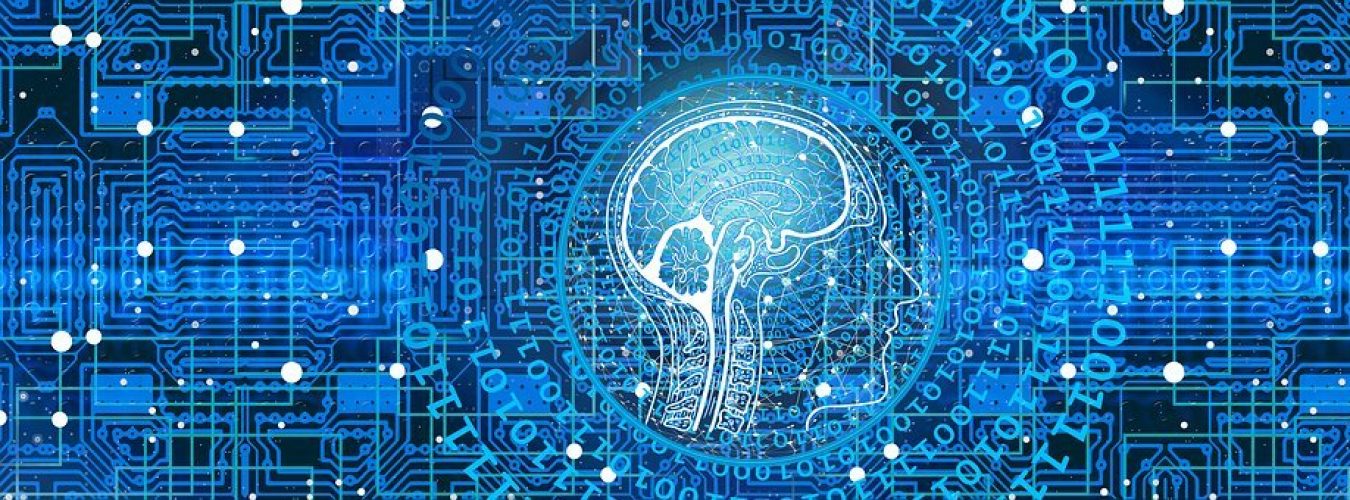To briefly introduce this new column: I recently took part in a German TV format that will be released online in early September. In it, I traveled across Northern Germany and sat down with five very different people to discuss pressing societal issues. Together, we tried to step into each other’s shoes, to understand, and to find common ground. I can’t reveal too much yet—but the experience left me reflecting on something I want to share here.
It’s about how personal and collective pain—often valid and justified—sometimes spills over into debates where it clouds our ability to judge clearly. I see this pattern in feminist debates, in discussions about universities or the military, and very strikingly in the infamous O.J. Simpson trial.
Why bring up O.J.? His case showed how societal wounds can overwhelm the facts of a situation.
O.J. Trial
Two years before Simpson’s trial, the Rodney King case had shaken the United States. The brutal beating of King by police officers, caught on camera, and the subsequent acquittal of those officers, sparked the Los Angeles riots of 1992. For many African Americans, this was not just an isolated incident—it was proof of centuries of systemic racism and police violence. The community was justifiably outraged, humiliated, and deeply hurt. So when O.J. Simpson went on trial, it wasn’t just his case anymore. He became a vessel for collective frustration and anger. For many, it felt like this was the one powerful Black man who might finally escape the injustice that had claimed so many others. He symbolized resistance, even though the facts of his case pointed toward likely guilt.
And that’s the tragedy: the raw, justified pain of a community made it harder to think critically and to separate the man from the moment. Simpson’s acquittal was celebrated by some as justice served against a racist system, even though it wasn’t justice in the case at hand. But here lies a deeper problem. When discrimination turns into an unlimited resistance against institutions themselves, it can trigger a vicious cycle. Communities channel their justified pain into rejecting entire systems—police, military, universities. In turn, people outside those communities, even those who weren’t against them before, start to feel alienated or attacked. They respond with backlash of their own. What began as resistance to oppression becomes a widening gap between groups that could have been allies.
Universities
This example matters because I see similar dynamics play out today. At my university, I’ve been victimized more than once by one particular professor and academic staff who abused their power—abuses that cannot easily be prosecuted. I know the pain of being powerless, and I fight against it fiercely. However, even then, I would never argue for the abolition of universities or stripping them of resources. The institution is flawed, sometimes deeply, but it is not unnecessary. And I don’t hold every individual professor responsible.
The Military
I see echoes of this in today’s debates. In Germany, I hear calls to “defund the military” or abolish it entirely—despite Russia’s aggression and our obligations as a NATO member. And I have in part empathy for this. The Bundeswehr’s history reveals deep structural biases. For decades, homosexual service members were considered “security risks,” barred from leadership, subjected to humiliating medical exams, and often dismissed or demoted. A government-commissioned 2020 report confirmed these practices as “systematic discrimination” between 1955 and 2000, leading to an official apology and a law offering rehabilitation and symbolic compensation to affected soldiers (Deutsche Welle, July 1, 2020; Der Spiegel, September 17, 2020).
These are, however, still separate issues to be discussed and not in the context of national and international security.
Justice before Security?
Similarly, police brutality sparks movements to defund the police, even at times when criminality is rising. To me, this is dangerous. Discrimination must be fought. Protest is necessary. Reforms are overdue. However, if we let pain dictate the wrong conversations, we risk weakening the very institutions that, when reformed, could protect us. The questions of how to reform the military or universities are not the same as the questions of whether we need them at all.
Our anger should fuel change. But it shouldn’t cloud judgment. Because sometimes, abolishing the system is not justice—it’s just leaving ourselves defenseless.

